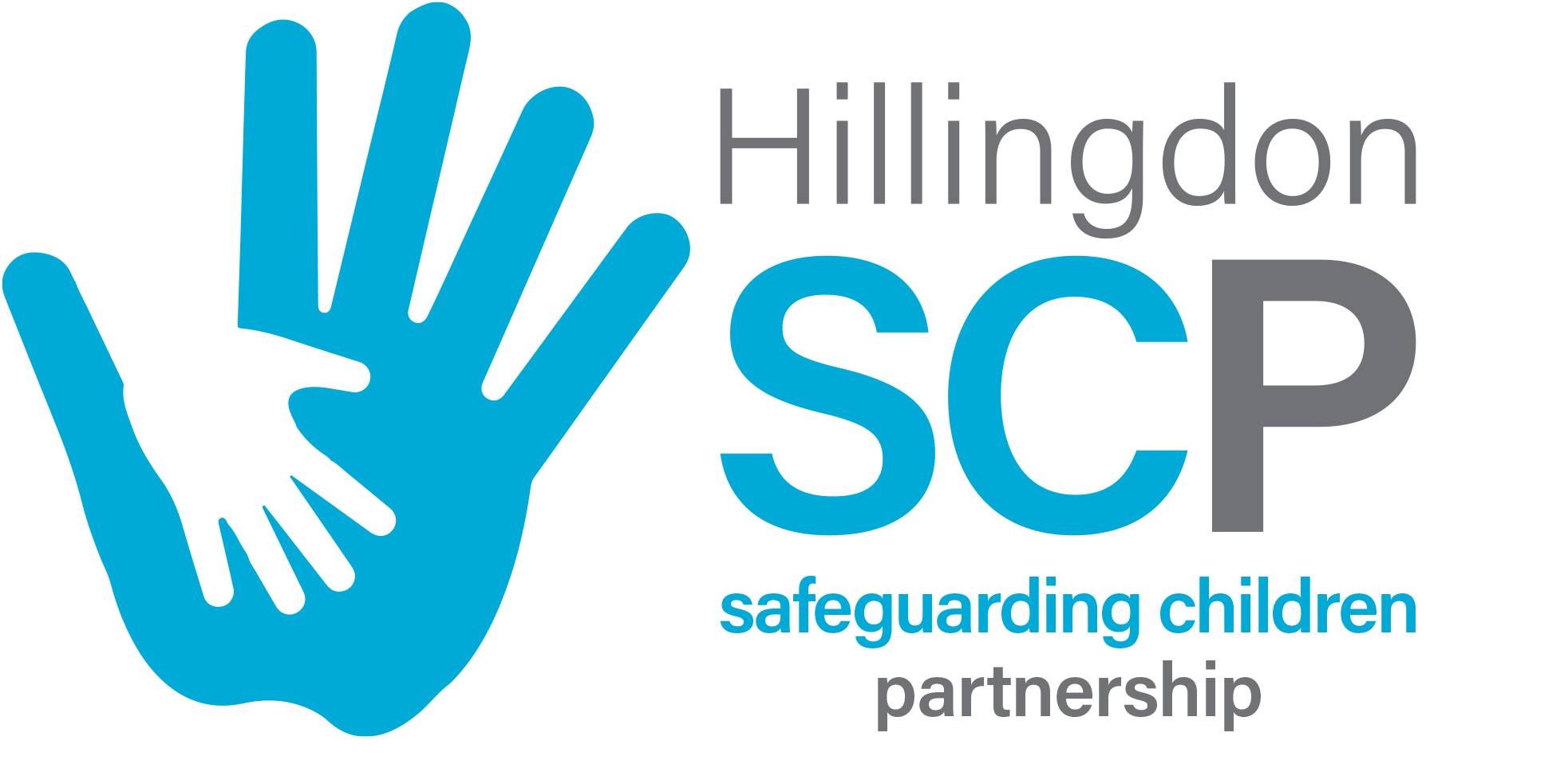Female Genital Mutilation
Female Genital Mutilation (FGM)
Female Genital Mutilation (FGM) is a procedure where the female genital organs are injured or changed and there is no medical reason for this.
Female Genital Mutilation
FGM is sometimes referred to as Female Circumcision or Female Genital Cutting, is defined by the World Health Organisation(WHO) as the range of procedures which involve ‘the partial or complete removal of the external female genitalia or other injury to the female genital organs whether for cultural or any other non-therapeutic reason’. It is frequently a very traumatic and violent act for the victim and can cause harm in many ways. The practice can cause severe pain and there may be immediate and/or long-term health consequences, including mental health problems, difficulties in childbirth, causing danger to the child and mother; and/or death. FGM is illegal and causes women and children significant harm.
Up to 6,500 girls are at risk of female genital mutilation (FGM) in the UK each year. More than 125 million girls and women alive today have been cut in the 29 countries in Africa and Middle East where FGM is concentrated.
FGM has no health benefits for girls and women and immediate effects include: severe pain, shock, bleeding, infections including tetanus, HIV and hepatitis B and C, inability to urinate and damage to nearby organs including the bowel.
FGM can sometimes cause death and long-term effects include: chronic vaginal and pelvic infections, menstrual problem, persistent urine infections, kidney damage and possible failure, cysts and abscesses, pain during sex, infertility, complications during pregnancy and childbirth.
Girls and women who have been subjected to FGM also suffer serious psycho-sexual, psychological and social consequences.
FGM is illegal and it is an offence to undertake the operation, assist a girl to mutilate her own genitalia, and to assist someone to undertake female genital mutilation of a UK national outside the UK. Anyone found guilty of the offence faces a maximum penalty of 14 years in prison.
Factors that may heighten a child’s risk of FGM:
- Being between the ages of 5-8, though FGM has been reported amongst babies and may also affect older children
- If someone’s mother, sister or member of the extended family has been subjected to FGM
- If someone’s family are less well integrated into the local community or in the context of poverty or disadvantage
- Coming from a community that is known to practice FGM, which tends to occur in areas with large populations of FGM practicing communities. FGM is prevalent in Africa, the Middle East and Asia
Indicators that a child is at imminent risk:
- Talking about a ‘special procedure/ceremony’ that is going to take place or a special occasion where she will ‘become a woman’
- Families from communities that practice FGM may take their daughters aboard (often to their family’s birth country) to have the procedure done
- A child is most likely to be at imminent risk where this occurs at the beginning of the long summer holiday. Professionals may become aware of this where parents are arranging for vaccinations and planning absence from school
- The school summer holidays in particular are when many young girls are taken abroad
- The arrival of an older female relative visiting from the country of origin who may perform FGM on children in the family.
Indicators that a girl or women has been subject to FGM:
- A girl may have prolonged or repeated absence from school
- A girl may have noticeable behaviour change on return (e.g. withdrawal or depression)
- A girl may have long periods away from classes (e.g. may be being absent for a long time during her period) or other normal activities (e.g. trying to get out of physical education/ sporting activities)
- A girl or woman may have difficulty walking, sitting or standing (e.g. in school a girl may find it difficult to sit still in class and look uncomfortable, unable to cross their legs when sitting on the floor)
- A girl or woman may spend longer than normal in the bathroom or toilet due to difficulties urinating.
- Bleeding, discharge, urinary infections, clutching their body
- May complain of pain between their legs
- A girl or woman may be particularly reluctant to undergo normal medical examinations.
- A girl or woman may ask for help, but may not be explicit about the problem due to embarrassment or fear
- Mentioning something somebody did to them that they are not allowed to talk about
The Department of Health’s guidance for professionals Safeguarding women and girls at risk of FGM was updated in May 2016 and can be accessed here
If you believe a girl is at risk of FGM please contact Hillingdon MASH to make a safeguarding referral.
Information on this page has been sourced from the Hillingdon Safeguarding Children Partnership (SCP).


